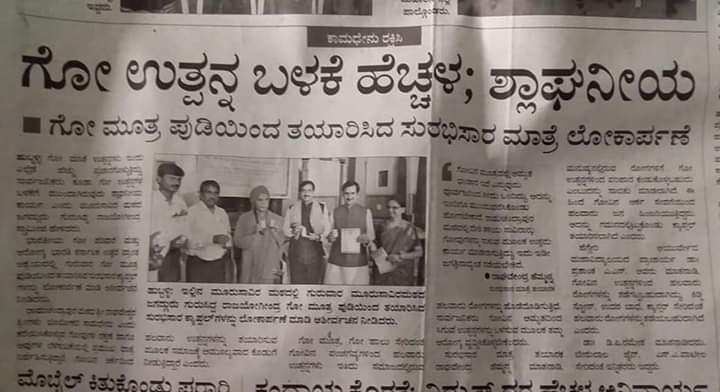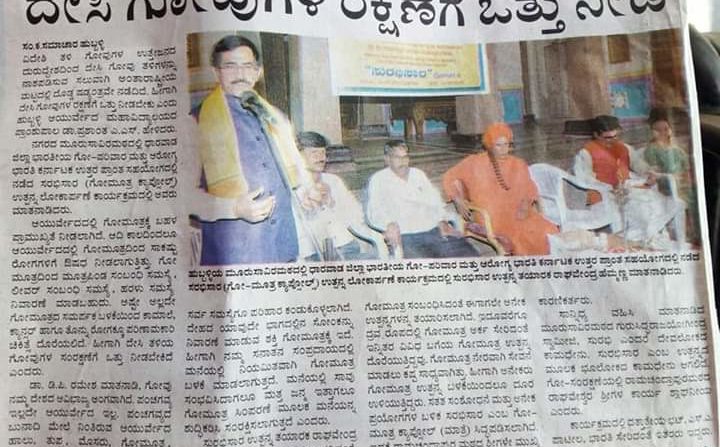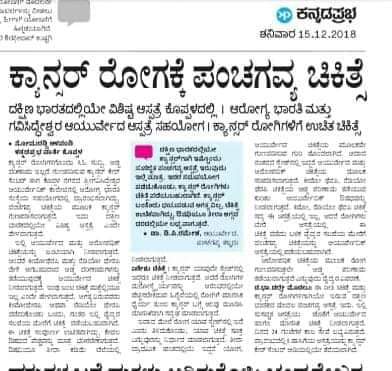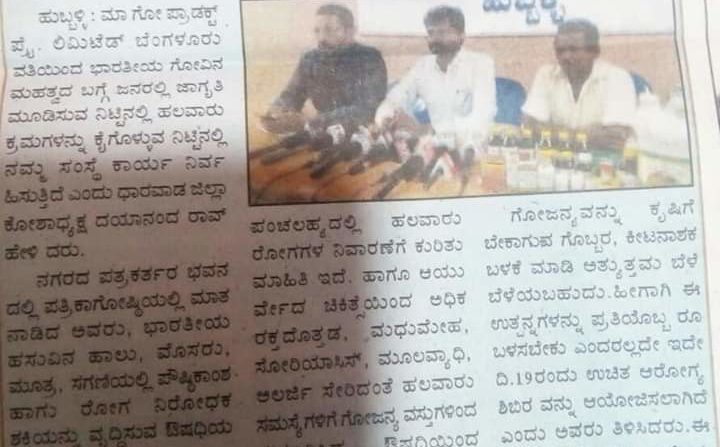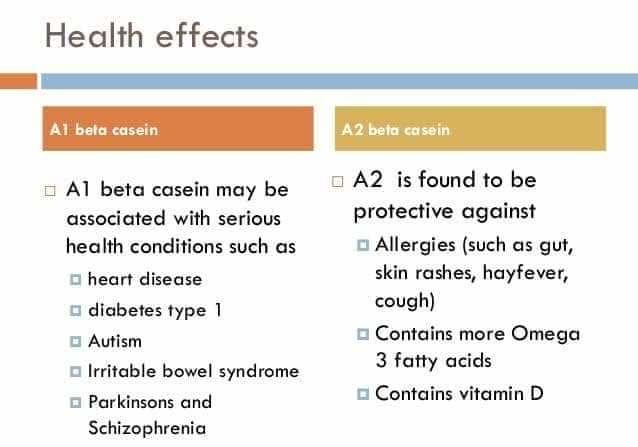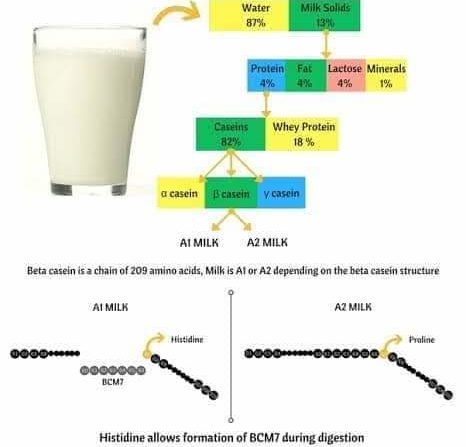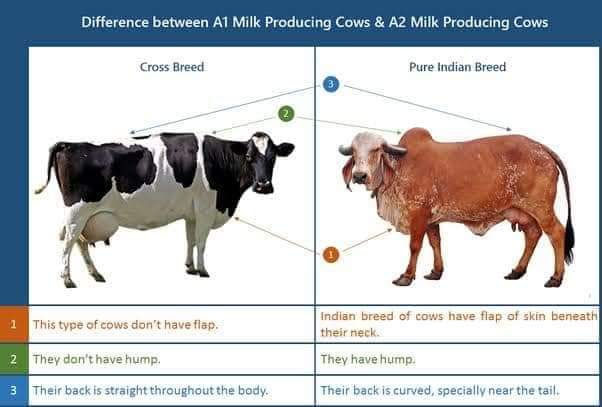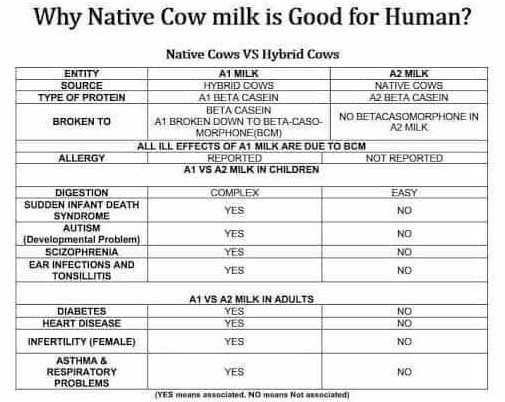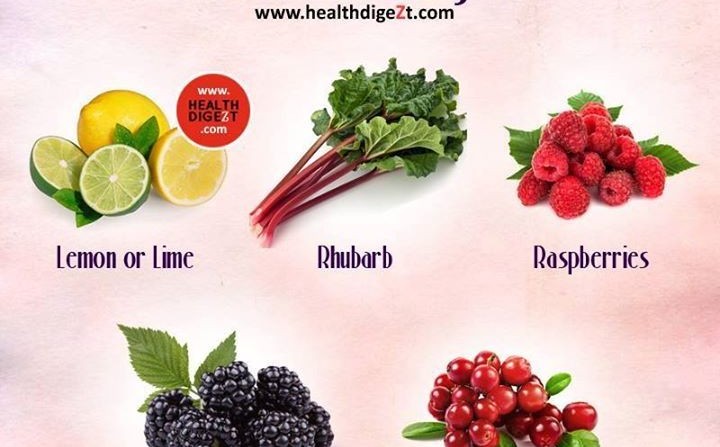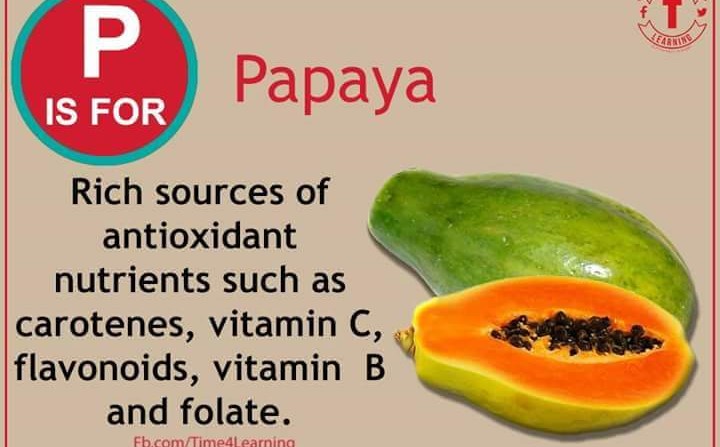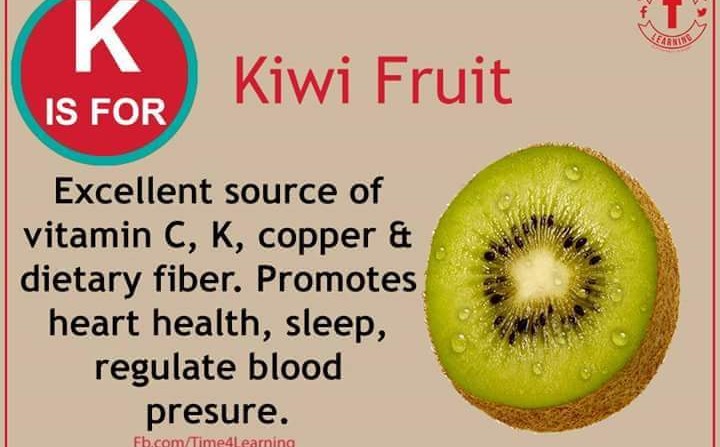News
Milk from cows can be a cure for stomach cancer
New research from Taiwan has shown that there is a peptide fragment in cow’s milk known as lactoferricin B25, which shows strong anticancer capability against human stomach cancer cell cultures.
The reports of the culture shows support for the future use of lactoferricin B25 as a potential therapeutic means for gastric cancer. Especially among the Asian countries gastric cancer is one of the most common cancer.
Researchers have shown the effects of three peptide remains derived from lactoferricin B25, a peptide in milk that has antimicrobial properties. Out of three, one of the remains of LFcinB25, decreased the survival of human Gastric Adenocarcinoma (AGS) cells which were dependent on both dose and time dependent.
After an hour of exposure to the gastric cells, under the microscope the researchers could see the migration of LFcinB25 to the cell membrane of the AGS cells. Within a days’ time the cancer cells had shrunken in size and lost their abilities to stand by to surfaces.
In Later stages it became apoptosis to dominate, through caspase-dependent mechanisms and autophagy diminished.
This was the first result describing the interaction between apoptosis and autophagy in LFcinB which brought cell death of cancer cells.
Further result also suggested when a marked level of Beclin-1 was added, it would enhance LFcinB25’s cytotoxin action. Beclin-1 is a protein which plays the main role in autophagy, tumor growth and degeneration of neurons. Researchers have also found that when Beclin-1 is cut, it increases in a time dependent manner after LFcinB25 exposure, which suggests in the development of a new drug which might enhance the anti-cancer effects of LFcinB25.
Enhanced action of LFcinB25 using various strategies to bring up new anti-cancer drugs with chemotherapeutic potential for the treatment of gastric cancer.

